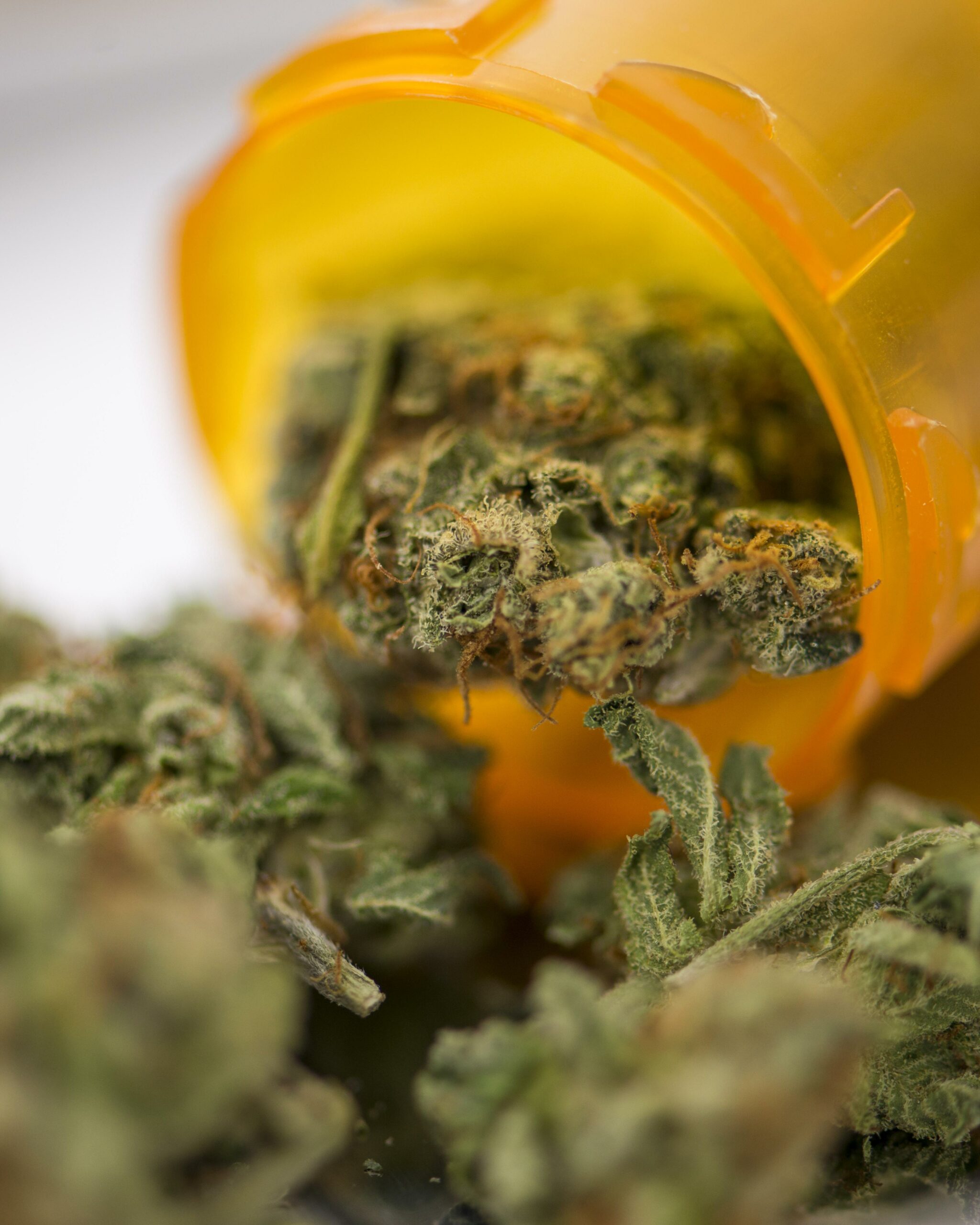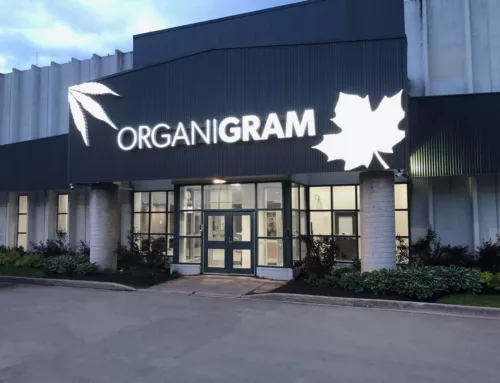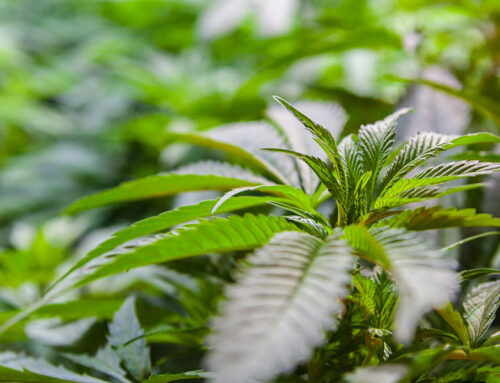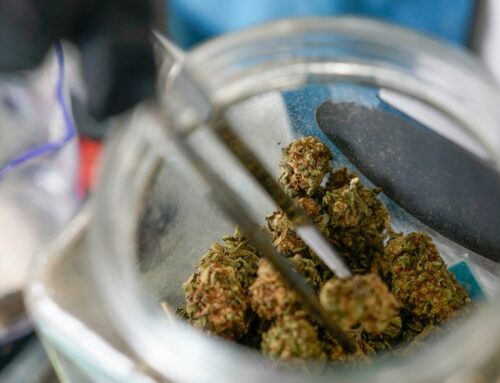U.K.’s Medical Cannabis Use Rises Amid ADHD Medication Shortage
NEW YORK- The United Kingdom is witnessing a notable shift towards medical cannabis as an alternative treatment for Attention-Deficit/Hyperactivity Disorder (ADHD) amid a severe shortage of stimulant-based medications. The scarcity of these essential drugs has pushed patients towards exploring alternative remedies, with medical cannabis emerging as a viable option for many.
In a report by The Guardian last September, it was revealed that doctors in England were advised against prescribing ADHD medications to new patients due to a national shortage, affecting major stimulants such as methylphenidate, lisdexamfetamine, guanfacine, and atomoxetine. This situation mirrors the Adderall shortage in the United States, where despite the efforts of brand-name drug manufacturers to meet demand, generic versions continue to face supply challenges. Despite these shortages, medical professionals argue that ADHD remains under-diagnosed and under-treated.
In response to these shortages, the U.K.’s medical cannabis industry has seen an 86% increase in ADHD patients turning to cannabis-based treatments over the past year, according to BBC reports. This surge indicates a growing acknowledgment of cannabis’s potential to alleviate ADHD symptoms as research into its efficacy advances.
Medical cannabis, legalized in the U.K. in November 2018 for prescription by registered specialist doctors, is mostly available in the form of oils and flowers. Since its reclassification under Schedule 2, indicating recognized medical value, the U.K. has maintained strict regulations on its medical use while becoming the world’s largest exporter of legal cannabis in 2016.
Dr. Simon Erridge, a research director at Curaleaf Clinic, highlighted the natural tendency for patients to seek alternative treatments amid drug shortages. The Department of Health and Social Care (DHSC) has stated that while no cannabis-based medicines are licensed for ADHD treatment on the NHS, specialist clinicians are permitted to prescribe them where clinically appropriate.
The ADHD medication shortage, expected to resolve between October and December 2023, leaves patients in a precarious situation, with few alternatives to their usual stimulant-based treatments. This has led to increased interest in medical cannabis as a potential solution.
Research on cannabis for ADHD yields mixed results, suggesting a complex relationship between cannabis constituents and their effects on ADHD symptoms. A study from January 2020 found that whole-plant cannabis may be more effective than purified THC:CBD ratios, indicating the need for a nuanced understanding of cannabis’s therapeutic potential.
Experts agree that ADHD treatment requires a personalized approach, with some patients finding relief in energizing cannabis strains like Sour Diesel, Jack Herer, and Green Crack, which may have calming effects for those with ADHD.
As the U.K. grapples with medication shortages, the rise in medical cannabis use underscores the importance of ongoing research and personalized treatment strategies to meet the diverse needs of ADHD patients.




































